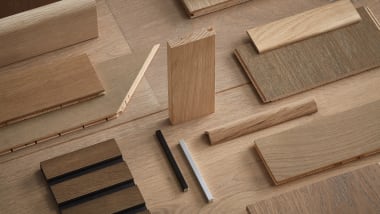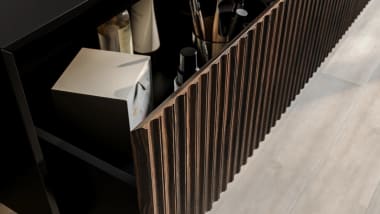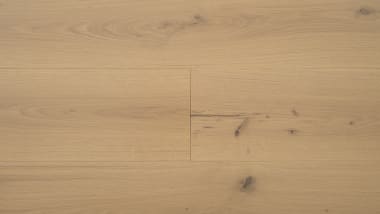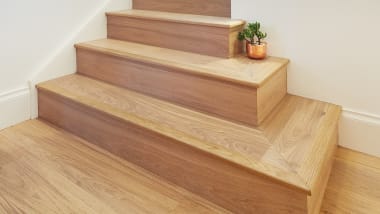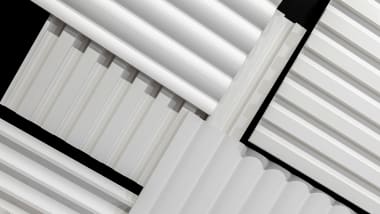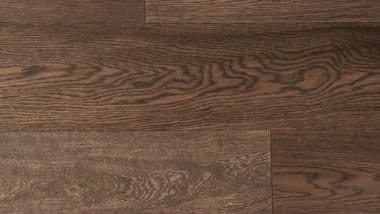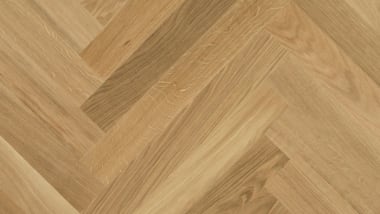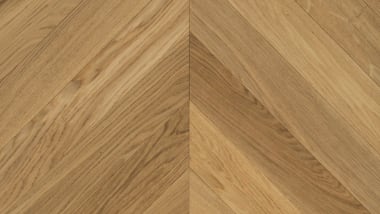Glue Down vs. Floating Flooring: Which is Right for You?
30 Jul 2024
When installing new flooring, choosing the right method is crucial. Glue down (direct stick) and floating techniques each offer unique advantages and disadvantages. Your decision will depend on factors like budget, flooring type, and specific needs. This post explores the differences to help you make an informed choice.
Glue Down vs. Floating: Which Flooring Method Suits You Best?
When it comes to installing new flooring, choosing the right installation method is just as important as selecting the perfect type of flooring. Two popular methods for laying down flooring are the glue down (direct stick) and floating techniques. Each method has its own set of advantages and disadvantages, and the right choice for you will depend on various factors, including your budget, the type of flooring you select, and your specific needs. In this post, we’ll explore the differences between glue down and floating flooring to help you make an informed decision.
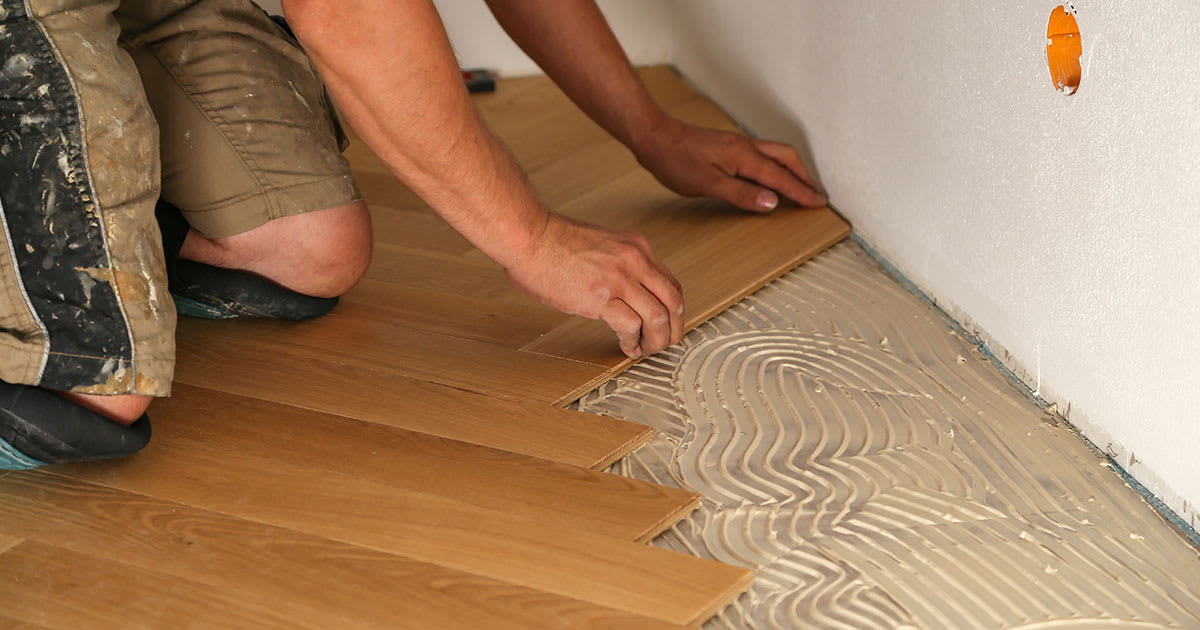
Advantages of Glue Down Flooring
- Stability and Durability: Glue down flooring provides a very stable and durable floor. Because each plank is adhered directly to the subfloor, there is minimal movement, making it an excellent choice for high-traffic areas. This method is particularly beneficial for commercial spaces where stability is paramount.
- Improved Acoustics: Since the flooring is directly attached to the subfloor, it tends to have better sound insulation, reducing noise transmission between floors. The overall acoustic quality of a room can be enhanced using adhesives or underlays with acoustic properties.
- Customisable Designs: Glue down installation allows for more intricate design possibilities such as herringbone or chevron patterns, adding a unique and stylish touch to your space.
- Eco-Friendly: When paired with low VOC adhesives, glue down flooring can be a more environmentally friendly option. It eliminates the need for underlays, reducing waste and lowering environmental impact.
- Minimised Movement: This installation method minimises movement, which can negate the need for any quad, scotia, or cover trims at transition points. However, it's important to consult with your installer about what can be achieved in your space.
Disadvantages of Glue Down Flooring
- Professional installation: Glue down flooring requires a more complex installation process, often needing professional help. This can increase the overall cost.
- Permanent: Once installed, it’s more difficult to remove compared to floating floors. This could be a disadvantage if you plan to change your flooring in the near future.
- Subfloor Preparation: The subfloor needs to be properly prepared and levelled for both floating or glue down install, however it is particularly important with glue down as it is much harder to rectify any issues after install.
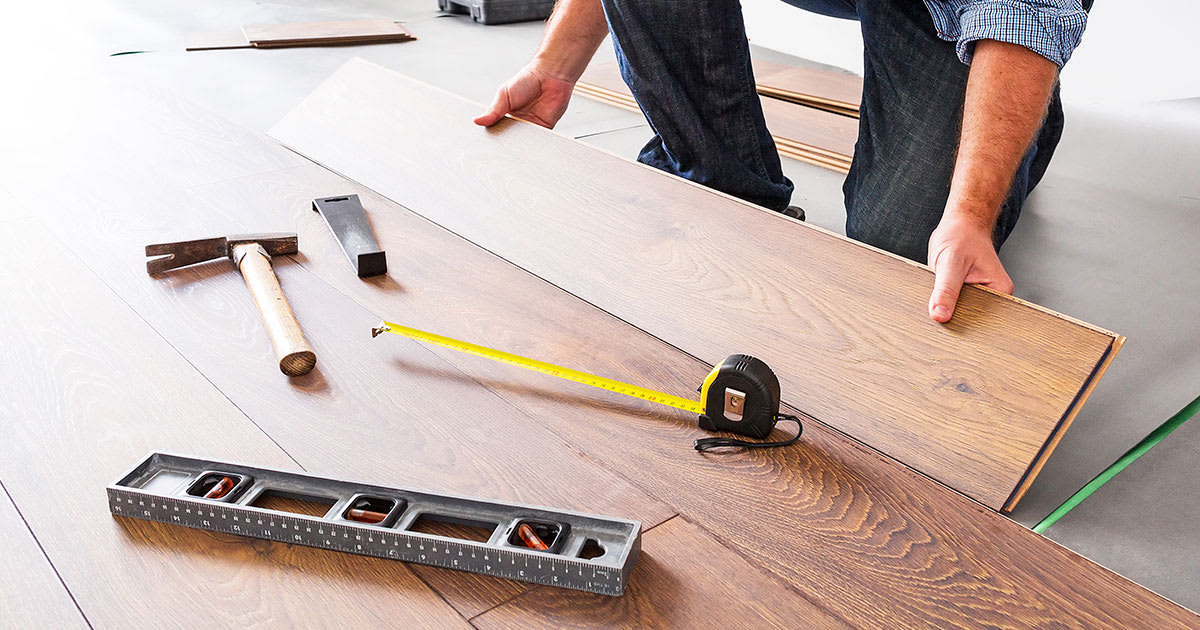
Advantages of Floating Flooring
- Ease of Installation: Floating floors are easier and quicker to install, often with a click-lock system that doesn’t require glue or nails. This can make it a more cost-effective option.
- Flexibility: Floating floors can be installed over a variety of subfloors, including existing flooring, which can save time and money on subfloor preparation.
- Repair and Replacement: Individual planks can be more easily replaced if damaged, making maintenance simpler and less expensive.
- Movement and Comfort: Floating floors allow for slight movement, which can make walking on them feel more comfortable. This characteristic can also help accommodate small imperfections in the subfloor.
Disadvantages of Floating Flooring
- Sound Issues: Floating floors can sometimes produce a hollow sound or occasional cracking and popping noises due to movement. Using a quality underlay can help minimise this issue.
- Expansion and Contraction: Floating floors can expand and contract with changes in temperature and humidity, which might lead to gaps or buckling if not properly installed. Installers must leave a small gap between the edge of the flooring, walls, and any vertical fixtures to compensate for this movement.
- Less Stability: Compared to glue down flooring, floating floors may feel less stable underfoot, which might be a concern for some homeowners.

Factors to Consider
There are also many factors to consider when it comes to choosing glue down or floating flooring. Each of these factors will essentially help you decide what method is right for you:
Budget
Glue down is typically more expensive due to the cost of adhesives and the need for professional installation. Whereas floating is often more affordable and can be a DIY project, saving on installation costs.
Type of Flooring
The type of profile your selected flooring has will dictate the installation method. For example many of Havwoods' engineered flooring comes with a click-lock system, which can be installed using either floating or glue-down installation methods. However planks using a traditional tongue and groove locking system require glue down installation to ensure stability and durability.
Environment
In areas with significant changes in humidity and temperature, the movement characteristics of floating floors might be more noticeable. Glue down floors are less likely to experience these issues.
Another area that should be considered is the sub floor. The condition and type of subfloor can influence your choice. Glue down floors need a well-prepared subfloor, while floating floors are more forgiving.
Aesthetics
If you are after more intricate patterns and designs, glue down installation offers more flexibility and customisation options.
Maintenance
Consider the ease of repair and maintenance. Floating floors offer the advantage of easy replacement of individual planks.
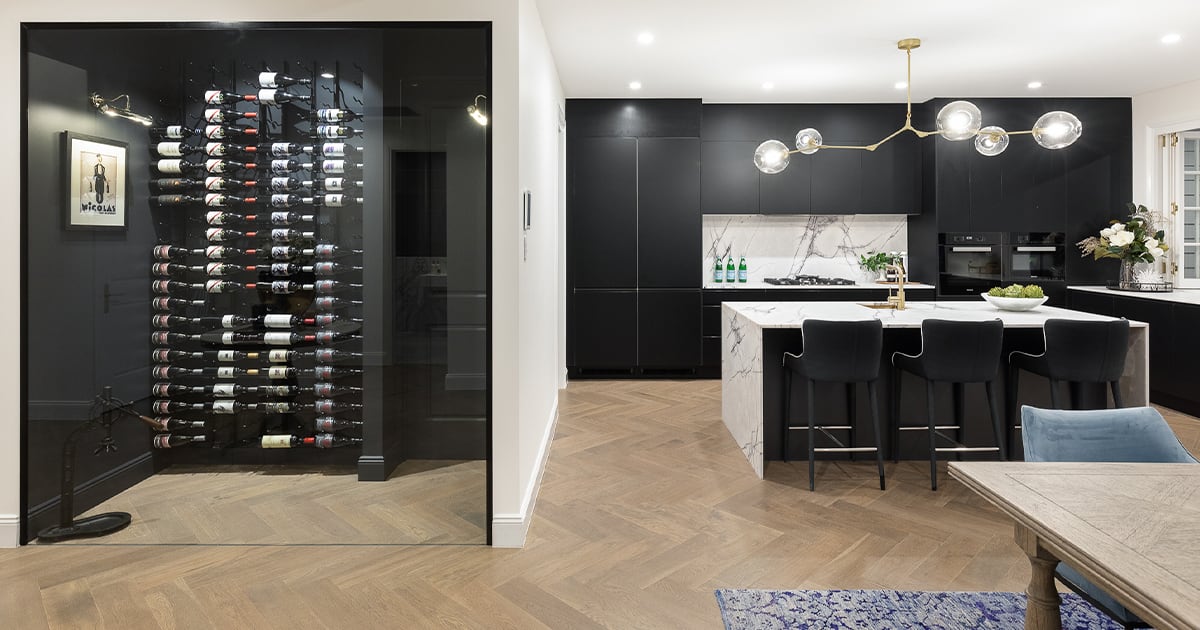
Both glue down and floating flooring have their unique advantages and disadvantages. The best choice for you will depend on your specific needs, budget, and the type of flooring you select. At Havwoods, we offer a range of high-quality engineered wood flooring options suitable for both installation methods.
If you’re still unsure which method is right for you, our team of experts is here to help. Contact a Havwoods team member today to discuss your project and get personalised advice to ensure you make the best decision for your home or commercial space.











